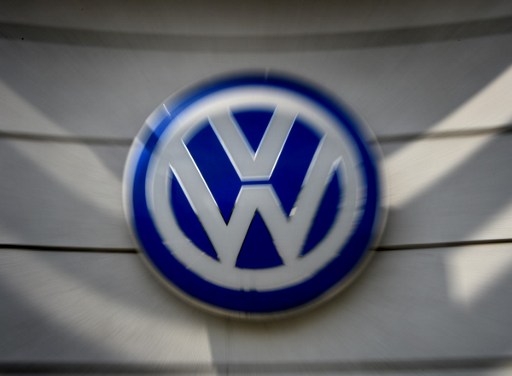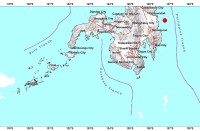
WASHINGTON, United States (AFP)– California regulators on Wednesday rejected a plan by Volkswagen to fix some 16,000 diesel vehicles involved in the carmaker’s costly emissions-cheating scandal.
The measures proposed by Volkswagen for recalling its 3-liter diesel cars were “incomplete, substantially deficient and fall far short of meeting the legal requirements,” the California Air Resources Board said in a letter to the automaker.
Authorities would “continue the on-going technical discussions” with Volkswagen to “ensure a legally and technically acceptable resolution is reached which fully mitigates the excess emissions,” the board said in a news release.
Volkswagen called the rejection by regulators a “procedural step” and said it would continue to work closely with federal and state authorities to find a way to resolve the problem.
The issue involves some 16,000 3-liter diesel Volkswagens, Audis and Porsches sold in California.
The California proposal is separate from a huge compensation plan presented in US federal court late last month by the German automaker — which involves a record $14.7 billion (13.2 billion-euro) payout — that pledges to buy back or fix some 480,000 2-liter engine vehicles that tricked pollution tests and payments to each owner up to $10,000.
A US court was set to rule on the compensation plan on July 26.
US authorities broke the scandal when they exposed how VW had installed emissions-testing cheating software into some of its diesel engines, enabling the vehicles to spew up to 40 times the permitted amounts of nitrogen oxides.
Volkswagen subsequently admitted that it had installed the suspect software into as many as 11 million vehicles worldwide.
Elsewhere around the world, VW is facing a number of regulatory probes and lawsuits filed by car owners who feel they have been duped and investors who are seeking compensation for the massive drop in the value of their shares.
© 1994-2016 Agence France-Presse







